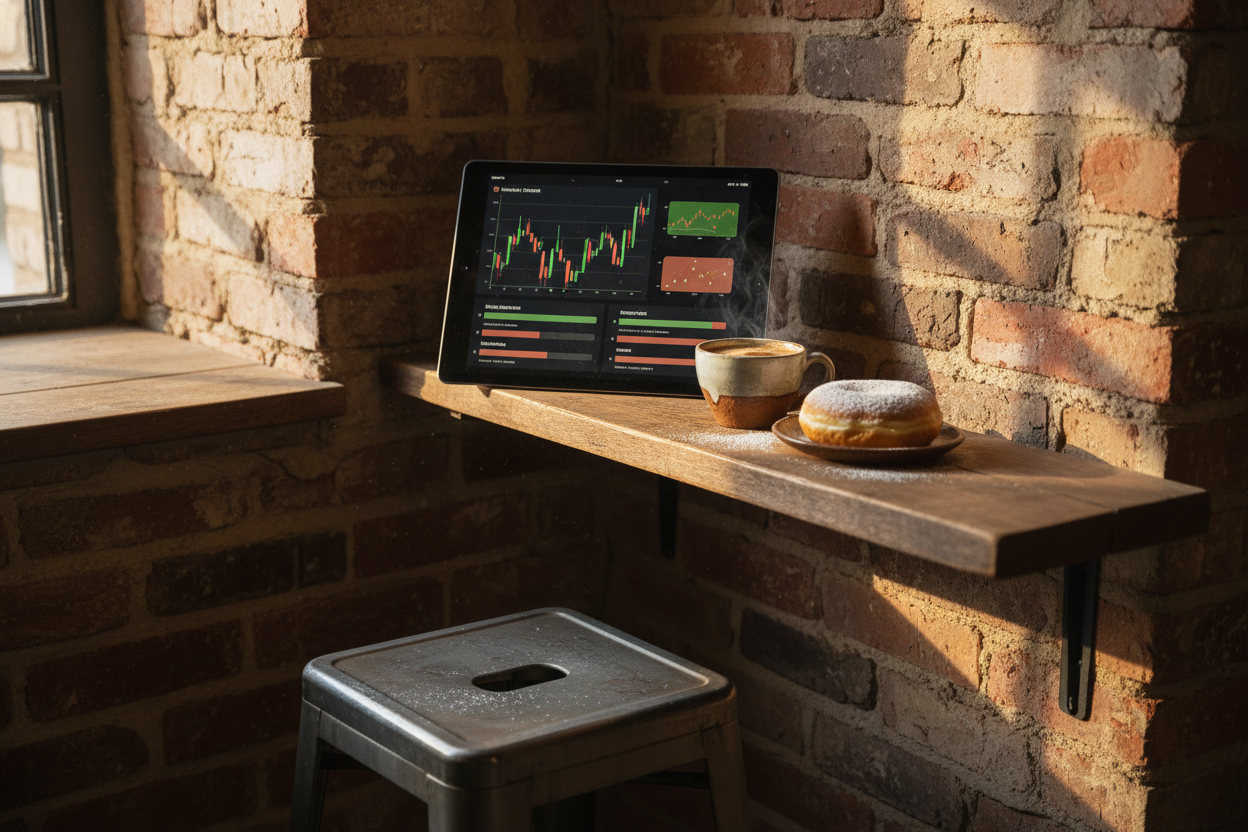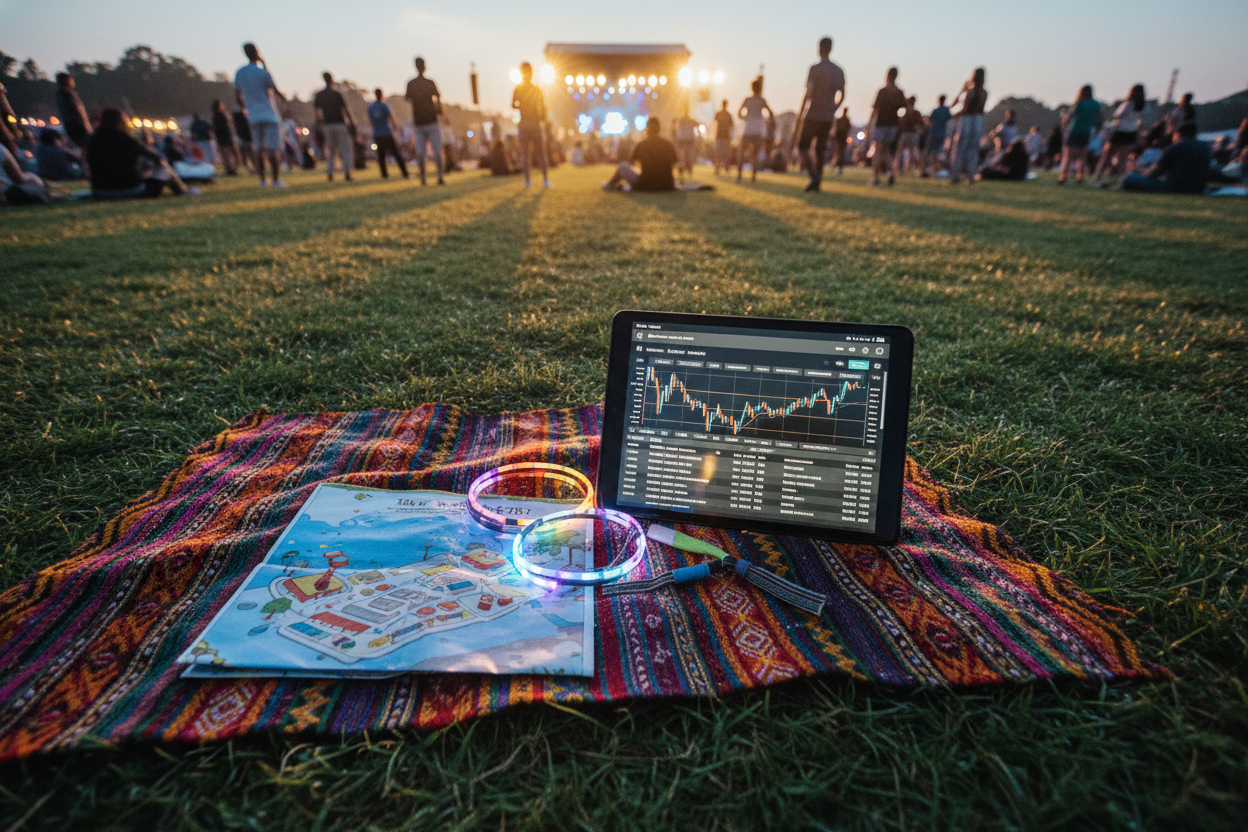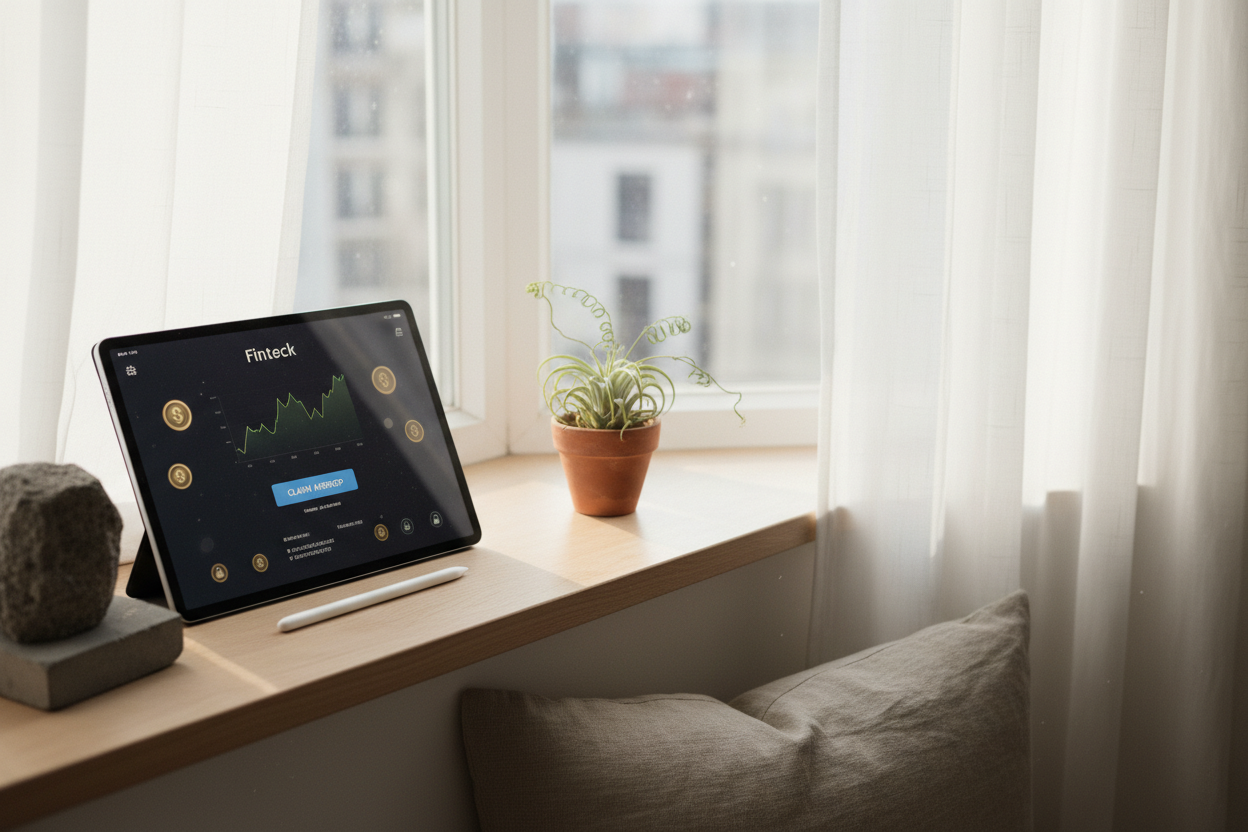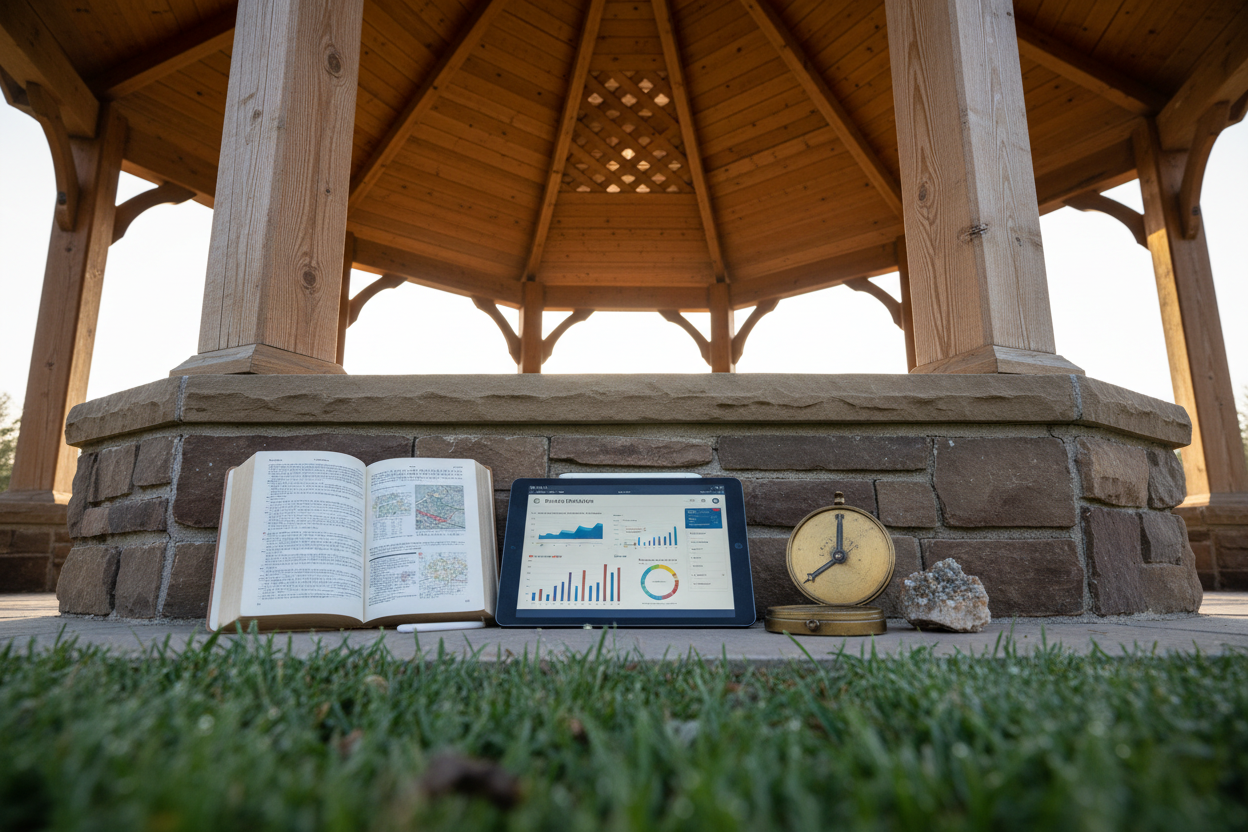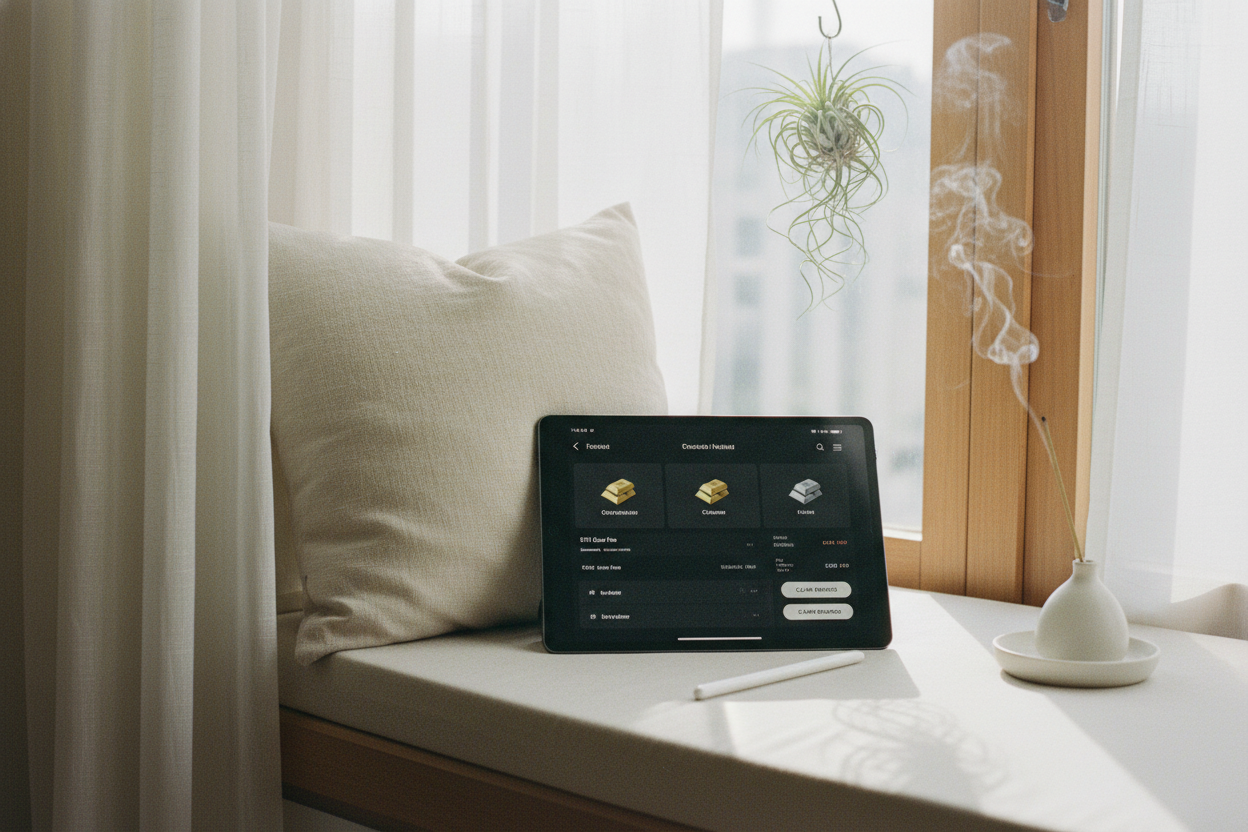How Blockchain is Revolutionizing Commodity Trading: Real-World Examples
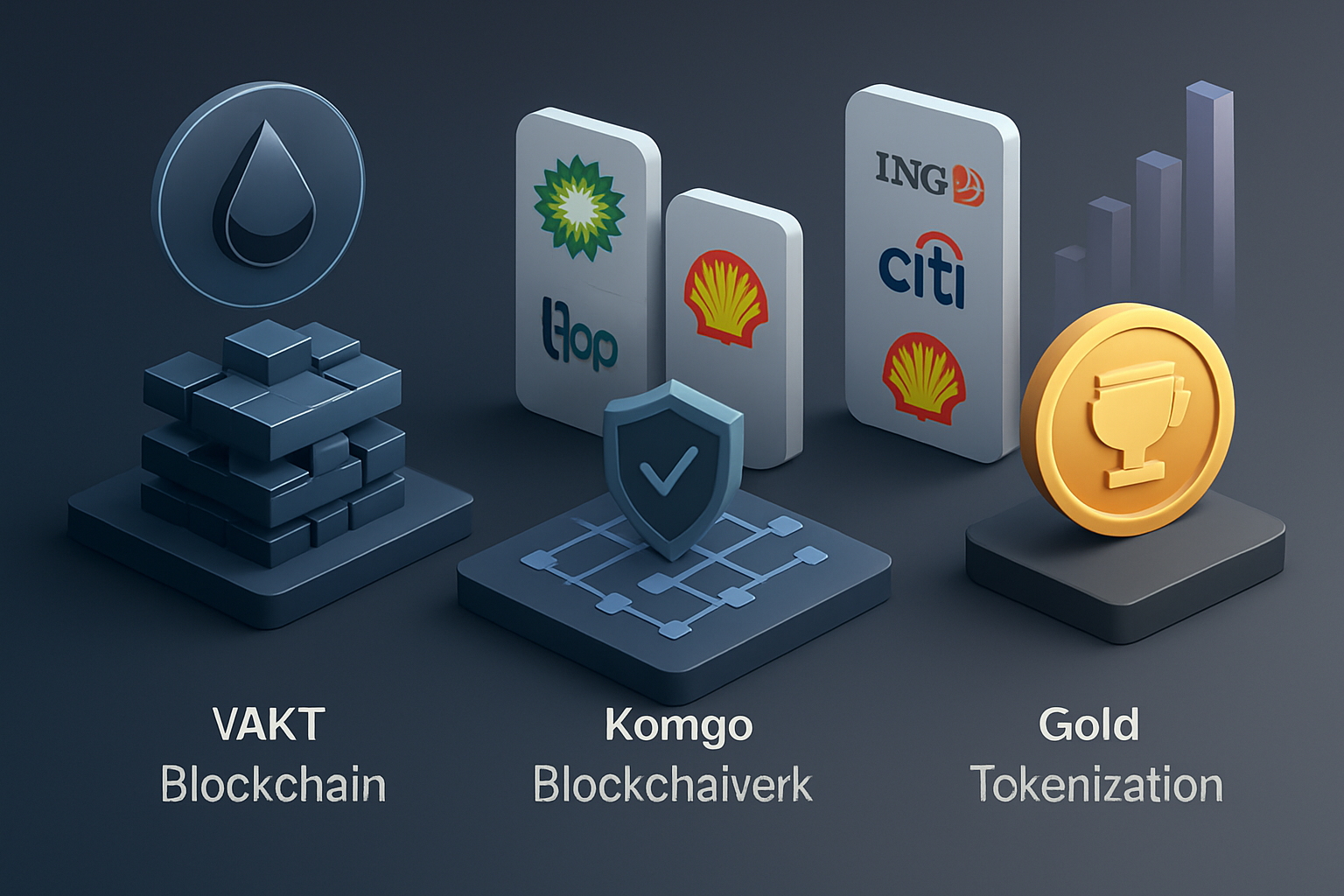
Blockchain technology is rewriting the rules of commodity trading, merging centuries-old markets with the speed, transparency, and efficiency of distributed ledgers. For investors and industry leaders alike, this transformation is not just theoretical. It’s unfolding in real time across oil, metals, and precious resources, offering tangible improvements in trust and operational performance. Let’s explore how three pioneering platforms, VAKT, Komgo, and Paxos Gold (PAXG): are setting new standards for blockchain commodity trading.

VAKT: Digitizing Oil Trading for Transparency and Efficiency
The global oil market has long been notorious for its complex paperwork, opaque processes, and reconciliation headaches. Enter VAKT, a blockchain-based post-trade management platform backed by industry titans such as BP, Shell, and Total. VAKT digitizes the entire lifecycle of crude oil trades, from confirmation to settlement, eliminating redundant paperwork while enhancing traceability.
By leveraging blockchain’s immutable ledger, VAKT ensures that every transaction is securely recorded and instantly accessible to authorized participants. This not only reduces the risk of fraud but also dramatically shortens settlement times. In a sector where millions can hinge on a single misfiled document or delayed confirmation, these improvements are seismic.
For energy traders seeking operational excellence and regulatory confidence, VAKT’s success signals a disciplined step forward in the digital transformation of commodities.
Komgo: Reinventing Commodity Trade Finance
Trade finance, the lifeblood of global commodity flows, has historically been bogged down by manual processes prone to error and delay. Komgo, a live blockchain network supported by major banks like ING and Citi as well as commodity giants including Shell, is changing that narrative.
Komgo digitizes letters of credit, know-your-customer (KYC) checks, and other critical trade documents on a shared ledger accessible to all permissioned parties. The result? Faster approvals, reduced fraud risk, lower costs, and ultimately more liquidity in markets spanning oil to agricultural goods. By providing real-time visibility into transactions while maintaining confidentiality through cryptographic controls, Komgo strikes an elegant balance between transparency and privacy.
Real-World Blockchain Innovations in Commodity Trading
-

VAKT Blockchain Platform for Oil Trading: VAKT is a blockchain-based post-trade management platform used by leading energy companies such as BP, Shell, and Total. By digitizing and streamlining crude oil trading, VAKT eliminates paper-based processes, enhances transparency, and reduces operational risk—making oil transactions faster, more secure, and fully auditable.
-

Komgo Blockchain Network for Commodity Trade Finance: Komgo is a live blockchain platform supported by major banks and commodity traders including ING, Citi, and Shell. It digitizes trade finance processes for commodities like oil, metals, and agricultural products, resulting in greater security, efficiency, and trust across the global supply chain.
-

Gold Tokenization by Paxos (PAXG): Paxos Gold (PAXG) is a regulated digital asset where each token is backed by one fine troy ounce of London Good Delivery gold stored in secure vaults. This allows investors to seamlessly trade and own physical gold on the blockchain, combining the trust of traditional assets with the efficiency of digital technology.
This leap forward is more than incremental; it’s foundational for unlocking new financing models that can support both established players and emerging market producers.
Paxos Gold (PAXG): Tokenizing Physical Gold on the Blockchain
No asset embodies enduring value quite like gold, yet traditional gold investing comes with logistical headaches around storage, transport, and verification. Paxos Gold (PAXG) solves these issues at their root by issuing regulated digital tokens backed 1: 1 by physical London Good Delivery gold held in secure vaults.
Each PAXG token represents direct ownership of one fine troy ounce of gold; holders can redeem tokens for physical delivery or trade them instantly on crypto exchanges without ever touching a vault or courier service. This innovation democratizes access to gold investing globally while giving institutional investors new tools for portfolio diversification, all with full auditability thanks to blockchain technology.
The rise of tokenized commodities like PAXG signals a disciplined shift toward more liquid, and transparent, markets where asset-backed tokens bridge traditional finance with decentralized infrastructure.
The convergence of blockchain and commodities is about more than just digitizing existing workflows. It’s about reimagining how value, risk, and trust are managed from the ground up. The platforms leading this movement, VAKT, Komgo, and Paxos Gold, are not isolated experiments. They represent a disciplined response to the longstanding inefficiencies, opacity, and friction that have defined commodity markets for decades.
Real-World Impact: From Theory to Practice
Let’s break down what these innovations mean for market participants today:
Real-World Blockchain Innovations in Commodity Trading
-

VAKT Blockchain Platform for Oil Trading: VAKT is a pioneering blockchain-based post-trade management platform used by major energy companies, including BP, Shell, and Total. By digitizing and streamlining crude oil trading, VAKT eliminates manual paperwork, reduces reconciliation errors, and delivers unprecedented transparency and efficiency to the energy sector.
-

Komgo Blockchain Network for Commodity Trade Finance: Komgo is a live blockchain platform backed by leading banks and commodity traders such as ING, Citi, and Shell. It digitizes trade finance processes for commodities like oil, metals, and agricultural products, enhancing security, reducing fraud risk, and accelerating transaction times for global trade participants.
-

Gold Tokenization by Paxos (PAXG): Paxos Gold (PAXG) is a regulated digital asset, where each token represents one fine troy ounce of London Good Delivery gold securely stored in professional vaults. PAXG enables investors to seamlessly buy, sell, and trade physical gold on the blockchain, combining the trust of traditional assets with the efficiency of digital markets.
VAKT is already transforming crude oil post-trade operations. By replacing stacks of paper with a single digital ledger accessible to all authorized parties, VAKT slashes administrative costs and settlement times. This not only improves cash flow for traders but also enhances compliance by creating an auditable trail for every transaction, a crucial advantage in an industry under increasing regulatory scrutiny.
Komgo’s impact is equally profound. Trade finance has always been the engine behind global commodity flows, but it was hampered by slow document verification and risk of fraud. Komgo’s blockchain network enables banks and traders to verify documents in seconds rather than days while maintaining strict privacy controls. This greater efficiency means working capital is freed up faster, a lifeline for producers and exporters navigating volatile markets.
Paxos Gold (PAXG) bridges the gap between physical assets and digital liquidity. For years, gold ownership was synonymous with high barriers to entry: expensive custodianship, insurance headaches, and illiquid markets for retail investors. PAXG eliminates these hurdles by making gold tradable 24/7 like any other crypto asset, yet each token remains fully backed by audited reserves in professional vaults. Investors can diversify portfolios instantly while retaining direct legal ownership of their gold holdings.

The Future: Tokenized Commodities at Scale
The momentum behind blockchain commodity trading is unmistakable, and it’s gaining speed as more institutions recognize its potential to unlock new forms of value creation. The success of VAKT and Komgo demonstrates that even the most entrenched industries can embrace radical efficiency without compromising security or trust. Meanwhile, tokenized assets like PAXG are opening doors for both individual investors and large funds seeking exposure to real-world commodities with unprecedented flexibility.
As adoption accelerates, we can expect new products built atop these networks, fractionalized ownership of metals or energy reserves, automated trade finance smart contracts, even ESG-linked tokens that trace a commodity’s provenance from mine or field to final sale. For those willing to learn and adapt early, this new era offers both opportunity and resilience against future shocks.
For forward-thinking investors and institutions alike, embracing blockchain use cases in commodities isn’t just about chasing the next trend, it’s about building disciplined exposure to a more transparent, efficient future where every ounce traded or barrel shipped leaves a verified digital footprint. The revolution is here; participation is now a matter of vision, and patience.



